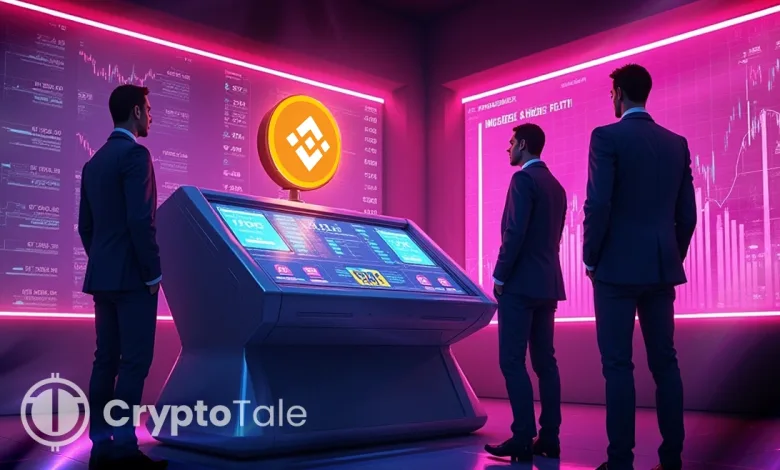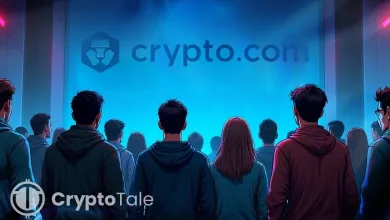BNB Chain Validators Propose Major Gas Fee and Speed Upgrade

- BNB validators propose halving gas fees to $0.005 and speeding block times to 450ms.
- Trading now dominates BNB Chain, with swaps rising to 67% of all transactions in 2025.
- Long-term roadmap targets ultra-low $0.001 fees while keeping validator rewards stable.
BNB Chain is preparing for its next big step after hitting an all-time high above $1,000. Validators have proposed cutting gas fees in half and speeding up block times to strengthen the chain’s competitive edge. The proposal arrives after two previous fee reductions fueled record activity on the network.
Proposal Targets Lower Fees and Faster Blocks
Validators want to reduce the minimum gas price from 0.1 Gwei to 0.05 Gwei. At that level, the average cost per transaction would drop to about $0.005. Further, suggestions focused on accelerating block intervals from 750 milliseconds to 450 milliseconds.
These changes are expected to appeal directly to traders and developers who depend on low-cost, high-speed execution. Validators emphasized that gas fees determine where liquidity flows and where innovation happens, asserting that low costs keep BNB Smart Chain competitive with Solana, Base, and other fast-moving ecosystems.
Notably, validators cut fees from 3 Gwei to 1 Gwei in April 2024, and in May 2025, they reduced fees again from 1 Gwei to 0.1 Gwei. Following this, the median transaction costs fell 75% from $0.04 to $0.01. At the same time, daily transactions jumped 140% to more than 12 million. Validators say this shows that lowering costs drives adoption and supports broader network growth.
Trading Activity Now Dominates BNB Chain
BNB Chain has seen a sharp rise in trading activity across decentralized platforms. In June 2025, swap-related transactions surged from 20% at the start of the year to 67%. This shift confirms that trading is now the dominant use case on the network.
Since traders are most sensitive to costs, the new proposal directly targets the sector driving activity. Validators argue that with gas costs reduced to $0.005, BNB Chain will maintain a clear edge for market makers and high-frequency users.
They also addressed concerns about potential risks. BNB Smart Chain is currently operating at less than 30% of its capacity, leaving room for more growth. Validators attested that infrastructure would run three times faster than its present condition, pointing out that increased volumes of transactions would maintain validator rewards and keep annual staking yields above 0.5%.
This balance forms the basis of a new guiding principle. Validators suggest that BNB Chain should seek the lowest possible fees as long as staking APY is above 0.5%. They believe this strategy will match the growth of the community with the validator sustainability.
Related: Binance to End OM Support on Ethereum, BNB Chain Networks
Long-Term Target: Ultra-Low Fees
Looking ahead, validators outlined a more ambitious target. The long-term goal is to lower gas fees to about $0.001 per transaction, which would represent more than a 90% reduction from earlier levels, placing BNB Chain among the most affordable blockchains worldwide.
The roadmap depends on maintaining stable staking rewards and strong demand for trading. With BNB’s price growth and rising transaction activity, validators believe the system can support continued cuts without harming network security or validator returns.
Meanwhile, the market performance has strengthened the momentum of BNB Chain. The token has recently surpassed the $1,000 mark, reaching an all-time high of 1,080. Analysts attribute the surge to institutional interest as well as fundamental upgrades. Further, with the new proposal, the momentum could propel into long-term growth. As trading becomes the core of BNB Chain activity, validators see lower fees and faster blocks as the keys to the new chapter of the network.




